The Cambodian textile industry can grow with Brazilian cotton
Brazilian cotton |
Through Cotton Brazil, the Brazilian Cotton Growers Association (Abrapa) took part in the first multi-sectoral Brazilian business mission to Cambodia from the 19th to the 28th of March. The main aim was to show how Brazilian cotton can contribute to the great, yet unexploited potential that the Cambodian textile industry has ahead of it. The Brazilian Ministry of Foreign Affairs (MRE) and the Ministry of Agriculture and Livestock (Mapa) conducted the mission.
Over the past 20 years, Cambodia has increased its apparel exports by 12% annually, moving from revenues worth $1 billion to $9 billion in 2022. This year, the Southeast Asian country became the seventh-largest exporter of clothing in the world, according to data from the World Trade Statistical Review 2023.
However, Cambodia imports 100% of the yarn and fabric required to supply their factories. By opening up the market to cotton imports and investing in a spinning industry, the country would be able to take a significant leap in economic development.
This vision for the future was the main message presented by Abrapa’s Director of International Relations, Marcelo Duarte, during the Brazilian mission. Being responsible for the Cotton Brazil brand, a program representing the Brazilian cotton chain on a global scale, Mr. Duarte presented to the audience of Cambodian business executives and leaders a study that maps out the country´s textile industry potential.
“The spinning industry can add more than 400% of value to the Cambodian economy, which means adding $2.4 billion in revenue per year. Not to mention social gains such as job creation and new business opportunities,” Mr. Duarte explained. Today, one of the main bottlenecks facing the industrial sector is the supply of stable and affordable energy.
Brazil is now a candidate to become a supplier of raw material
As the third-largest producer and second-largest exporter of cotton in the world, Brazil stands out for its advancement in fiber quality indices, product traceability, and responsible production. In the 2022/23 crop season, 82% of Brazilian production held socio-environmental certification through the Responsible Brazilian Cotton (ABR) program. In addition, Brazil is the largest supplier of certified Better Cotton in the world.
At least two major trends in the world market are contributing to the development of the Cambodian textile industry. The first is the search for other supplier markets, beyond China. “One of the countries that can benefit from this demand for diversification is Cambodia, which now accounts for 2% of the world’s clothing trade,” Marcelo Duarte pointed out.
The second trend is the end consumer demand for increasingly sustainable clothing and textile products. In this respect, cotton – a natural and recyclable fiber – is a more responsible option than synthetic fibers.
About the Mission
The multi-sectoral business mission was organized by Brazil´s Department of Trade Promotion, Investments and Agriculture (DPRA), a sector of the Ministry of Foreign Affairs (MRE). In addition to Cambodia, the mission included Vietnam and Thailand – two countries that are already consolidated markets for Brazilian cotton.
This was the first ever official Brazilian business mission to Cambodia. In recent years, Brazil has sought to approach the Southeast Asian country diplomatically and commercially. In 2023, Brazilian Chancellor Mauro Vieira officially visited the Cambodian capital, Phom Penh, and this year, the Brazilian Government intends to establish the Brazilian Embassy in Cambodia.
